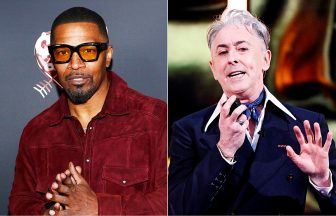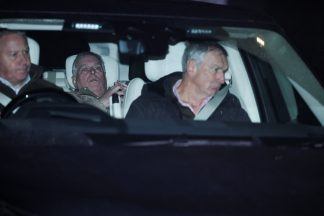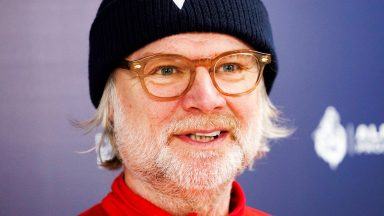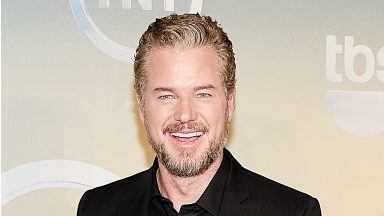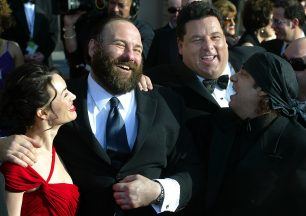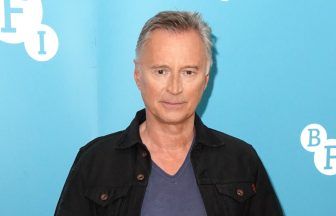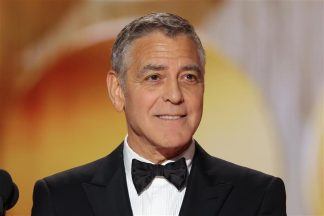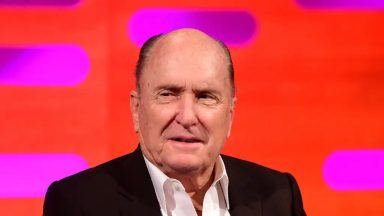Eurovision Song Contest organisers have said member broadcasters will vote in November on whether Israel can participate in the musical extravaganza next year, as calls have mounted for the country to be excluded over the Israel-Hamas war in Gaza.
The board of the European Broadcasting Union (EBU), which brings together public broadcasters and runs the event, has sent a letter to members indicating that the vote will take place at an extraordinary general meeting held online in early November, spokesman Dave Goodman said.
The vote would be on whether Kan, the Israeli public broadcaster and member of the EBU, would participate, Mr Goodman said in an email.
An “absolute majority” in the vote would be required for an exclusion to pass, he said.
.Countries including Ireland, the Netherlands, Slovenia and Spain have threatened not to participate in the Eurovision Song Contest unless Israel is excluded from the competition over the war in Gaza.
Eurovision is a competition in which performers from countries across Europe, and a few beyond it, compete under their national flags with the aim of being crowned continental champion — a sort of Olympics of pop music.
It is also a place where politics and regional rivalries play out.
In 2024, organisers told Israel to change the lyrics of its entry, originally titled October Rain, in apparent reference to Hamas’s cross-border October 7 2023 attack that killed some 1,200 Israelis and triggered the war. The song was renamed Hurricane and Israeli singer Eden Golan was allowed to remain in the contest.
“This is one of the biggest crises that Eurovision has ever faced because it has the potential to really cement division within the organisation,” Dean Vuletic, an expert on the history of Eurovision, said.
“If we have two blocs, one which is threatening a boycott and another which is remaining steadfast in its support of Israel, then this is potentially the most serious crisis that the contest has faced,” he said.
Germany and Austria have backed Israel’s participation. Other national broadcasters, including the BBC, have not yet made a decision.
Mr Vuletic noted past exclusions of the former Yugoslavia in the early 1990s — because of UN sanctions as war in the Balkans was raging — and more recently, those of Belarus in 2021 over a crackdown against media freedoms, and Russia in 2022 over its full-scale war in Ukraine.
“In both cases, we didn’t see such strong divisions within the EBU,” he said of the Belarus and Russia cases.
Kan, the Israeli broadcaster, wrote on X on Thursday that it hoped the contest “will continue to uphold its cultural and non-political identity”.
Last week, Austria’s foreign minister Beate Meinl-Reisinger expressed concerns that some countries were considering a boycott of the 2026 event in Vienna, insisting the contest was “not an instrument for sanctions”.
She wrote on X that she had written to European colleagues with an appeal to find ways to “improve the situation in Israel and Gaza” together.
The Eurovision Song Contest 2026 will take place in May in Vienna — the honour of hosting is granted to the winner of the previous year.
The winner this year in Basel, Switzerland, was Austria’s JJ for the song Wasted Love.
Follow STV News on WhatsApp
Scan the QR code on your mobile device for all the latest news from around the country


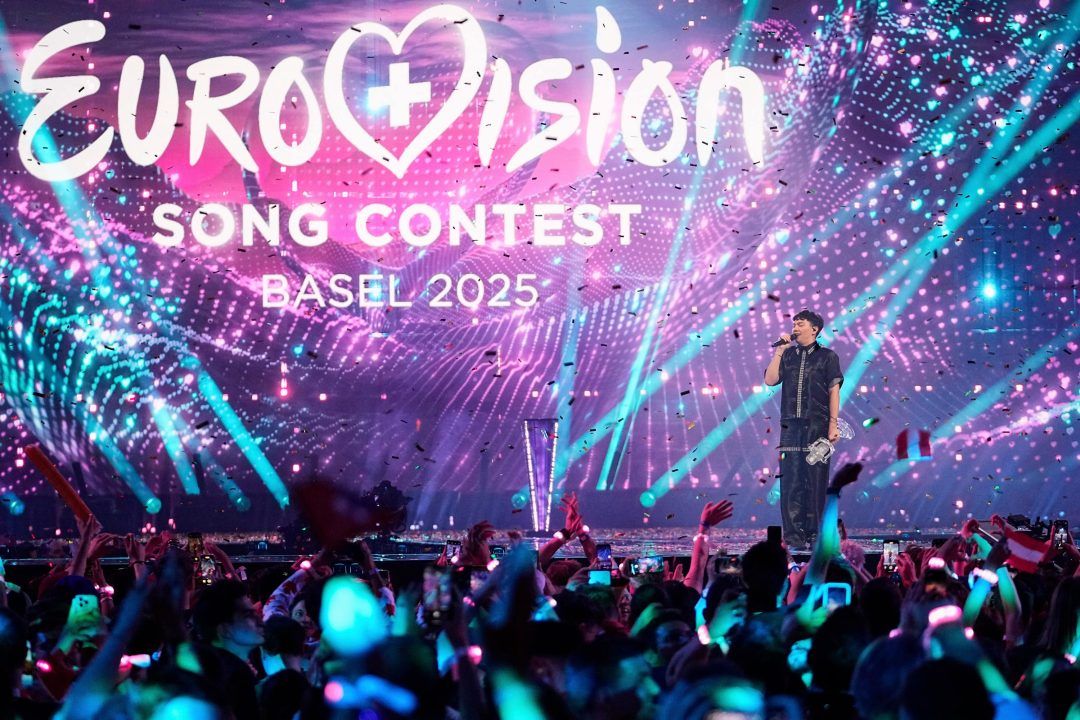 PA Media
PA Media



